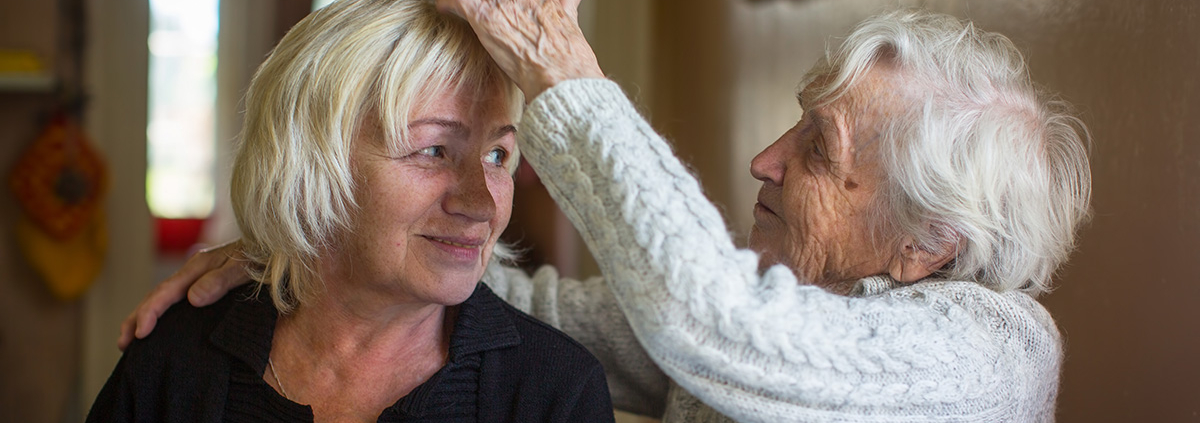Diary of a Care Worker: Family Dynamics
Parents know how to say the right things. And if there’s nothing that can be said, a cup of tea is often next up!
So it can be hard on the children of elderly or vulnerable parents in later life when things change. Families have spent a lifetime learning all the little quirks of their loved ones. They know their ‘tells’; when they’re in a good mood – and when to run for cover 🙂
But medications, conditions and loss can change a person, their preferences and importantly, their needs. That’s tough enough for some. And then there’s us – the care workers – in the mix, too. Sometimes we’re considered ‘angels’ – other times we’re not! However, we learn to take it all in our stride – mostly …
Mothers and Daughters – and Care Workers
I used to work with a lovely lady, Elsie, and we got on well. Having broken her leg, Elsie’s had her daughter come to stay with her for a few weeks. She had told me that her daughter was ‘a bit of a worrier’, and so I left it to her to share that she had been up a step ladder, trying to dust the lampshade when she fell.
As soon as her daughter arrived, I understood what Elsie meant.
‘She needs more pain medication – what on earth will paracetamol do? Are you in pain mum?”
“No, I’m fine, darling”
“She always says that”, her daughter said, protectively: “She needs more pain medication”.
And so it went on, with “She likes both sides buttered.” and “She drinks coffee, not tea”. Elsie was cutting down on butter for her cholesterol and had stopped drinking coffee to avoid nightly trips to the loo, so these were choices she had made. However, I understood that her daughter probably felt insecure about a stranger looking after her mother, and did my best to reassure her.
After a week of trying to strike a balance, though, it was getting quite tricky:
“She does the crossword on the back of the Sunday paper – doesn’t she get one?”
Possibly tired of the questions, Elsie fired back: “Here’s a clue. Four letters; stresses me out when someone makes a lot of it. Rhymes with ‘bus’.”
I admit I gasped a little. But in an effort to relieve the tension, I pulled a pile of Sudoku books out from Elsie’s drawer. “Your eyesight’s not as sharp as it used to be, is it Elsie? – but you go through these Sudoku puzzles like there’s no tomorrow!”.
I like to think Elsie’s daughter realised then, that we really were on top of things – as the rest of her stay seemed to go pretty smoothly.
Finding a happy medium
It can be hard to get the balance right when your client’s personal wishes and those of their loved ones don’t align. My advice to anyone starting out as a care worker is not to take things personally, and to think about what’s going through the mind of the family member, which could be anything from guilt, to worry and frustration – or something completely unrelated. Many of us would be exactly the same.
At the end of the day, we are there for our client’s wellbeing, and when family members are there, we do what we can to help make things go smoothly. Niggles are usually ironed out when families see that their loved ones are well taken care of, and that they can trust us to do our job well. But if not, we have our own team to guide us on how best to handle such situations.
There will always be challenging moments, though. On the morning Elsie’s daughter left, I found a Post-it note stuck to the fridge.
“Please leave the Sudoku books on her bedside table. She can’t see them in a drawer!”
At this point, my own mother’s favourite phrase came back to me – right before I’d hear the kettle being filled for a cuppa:
“Keep the heid, darling; keep the heid.”


